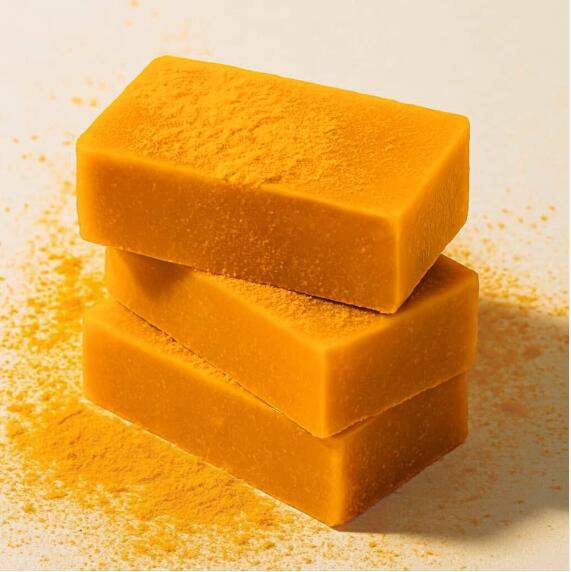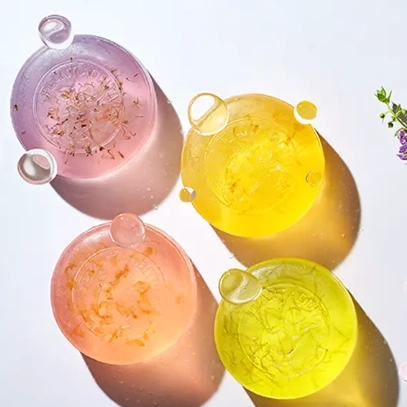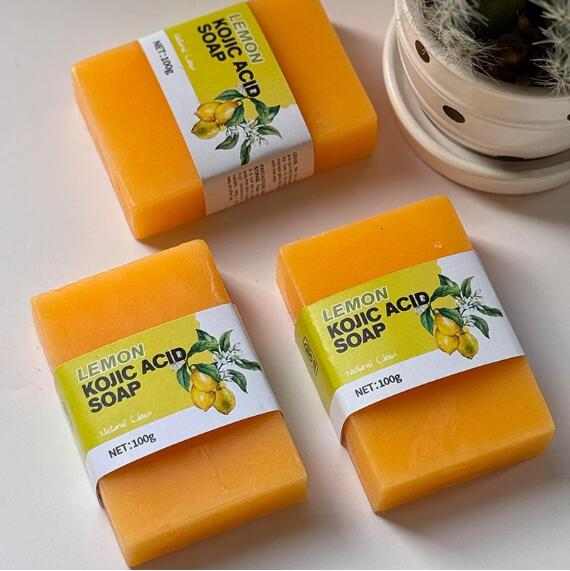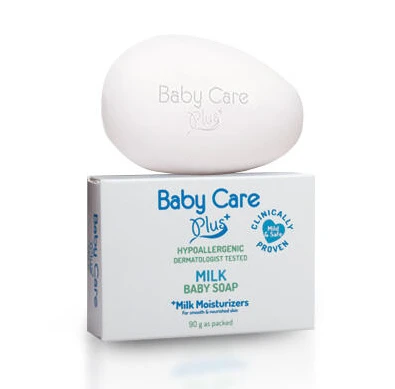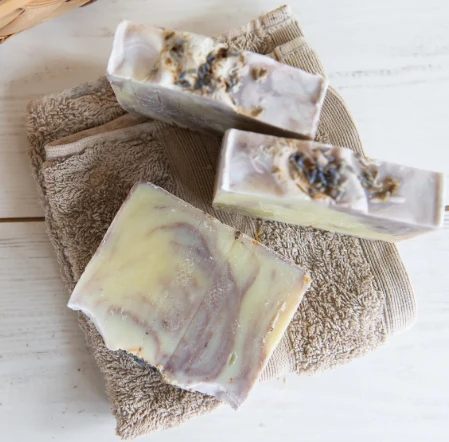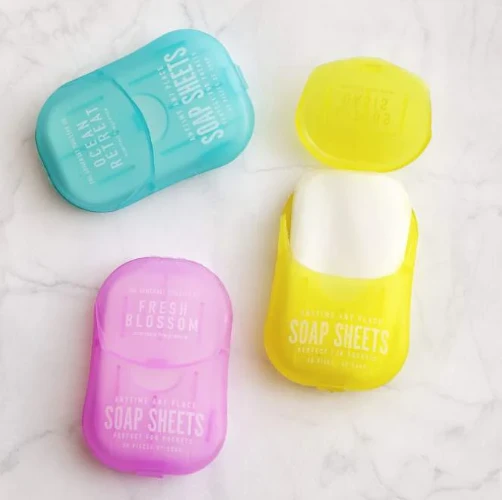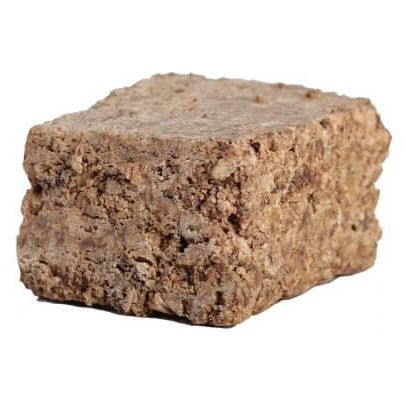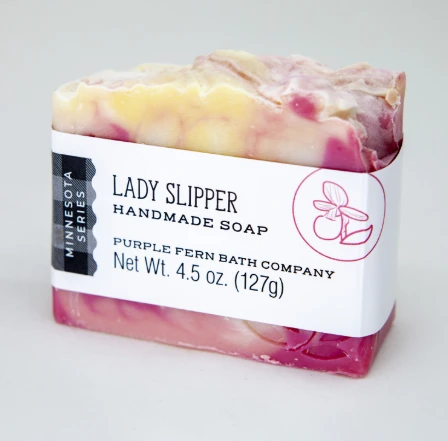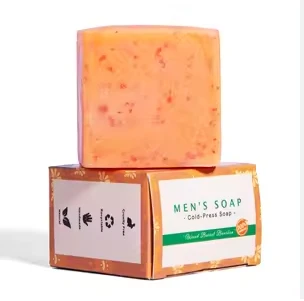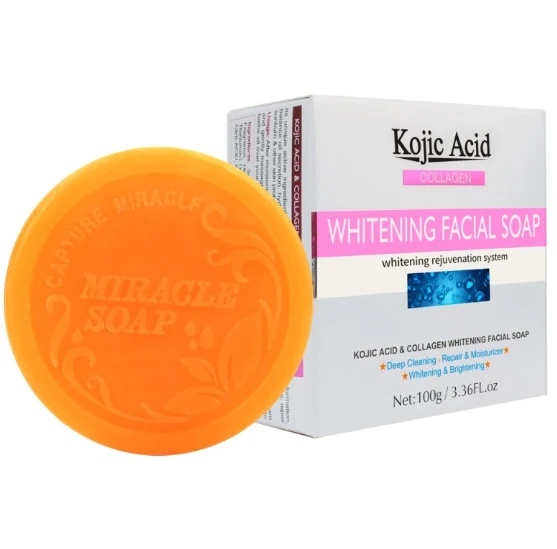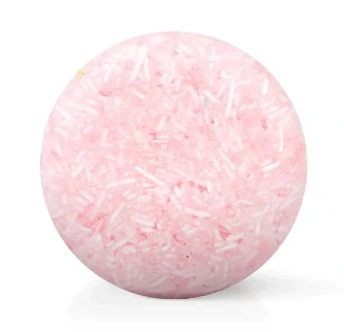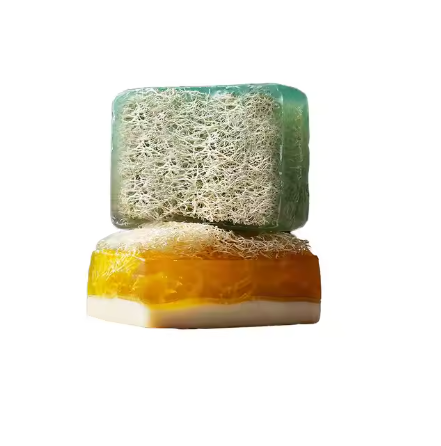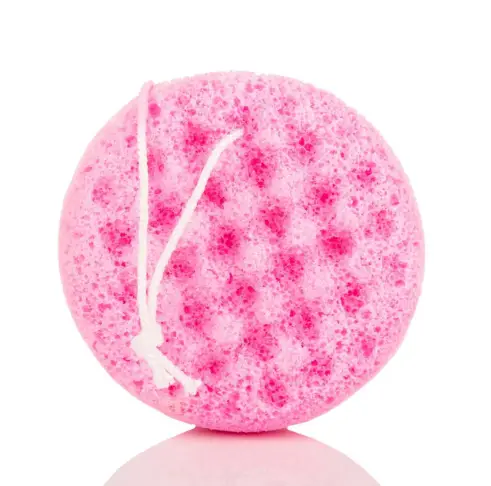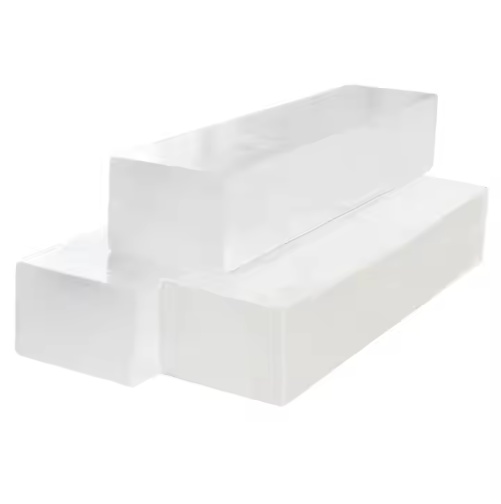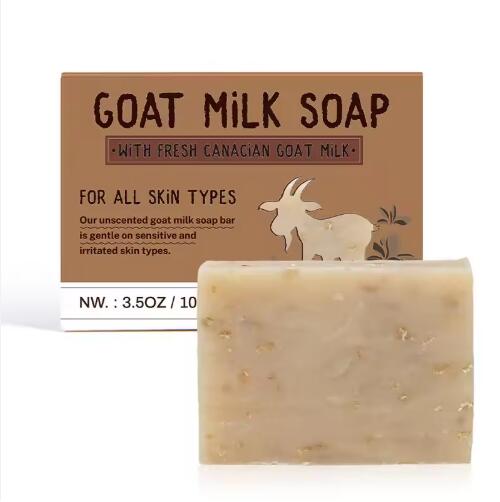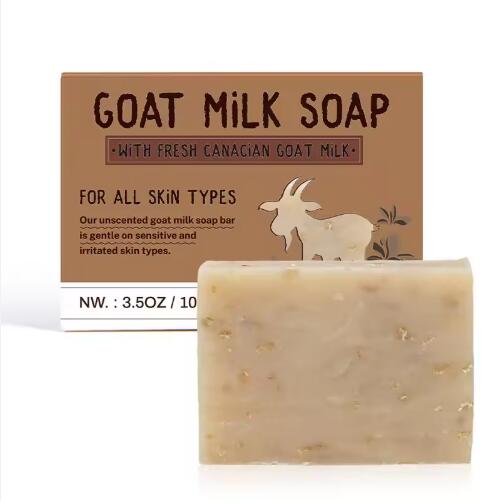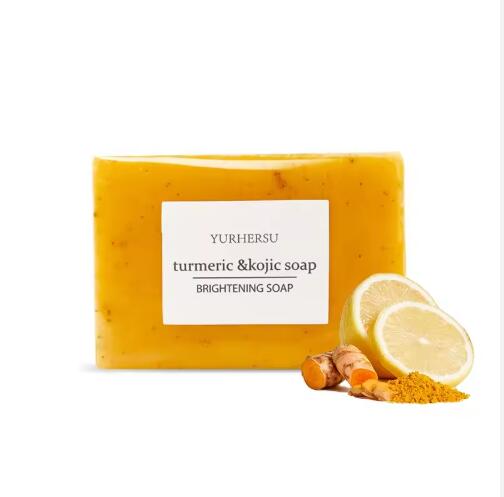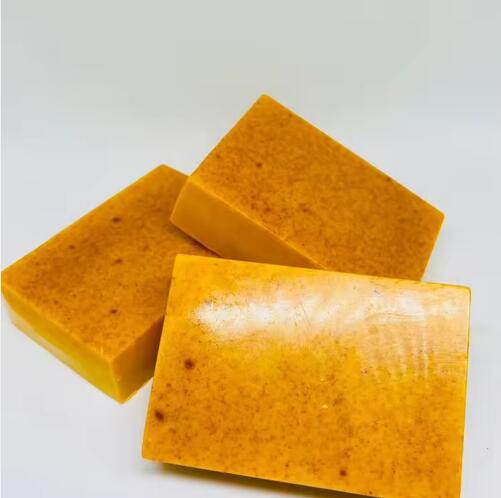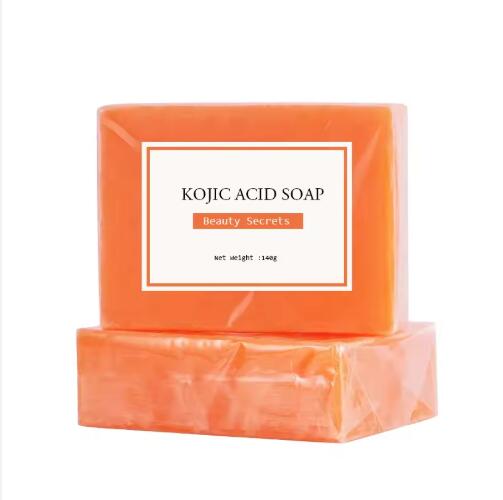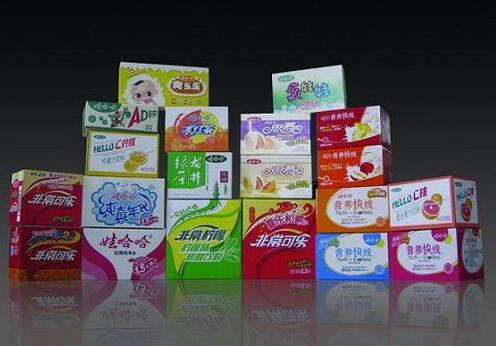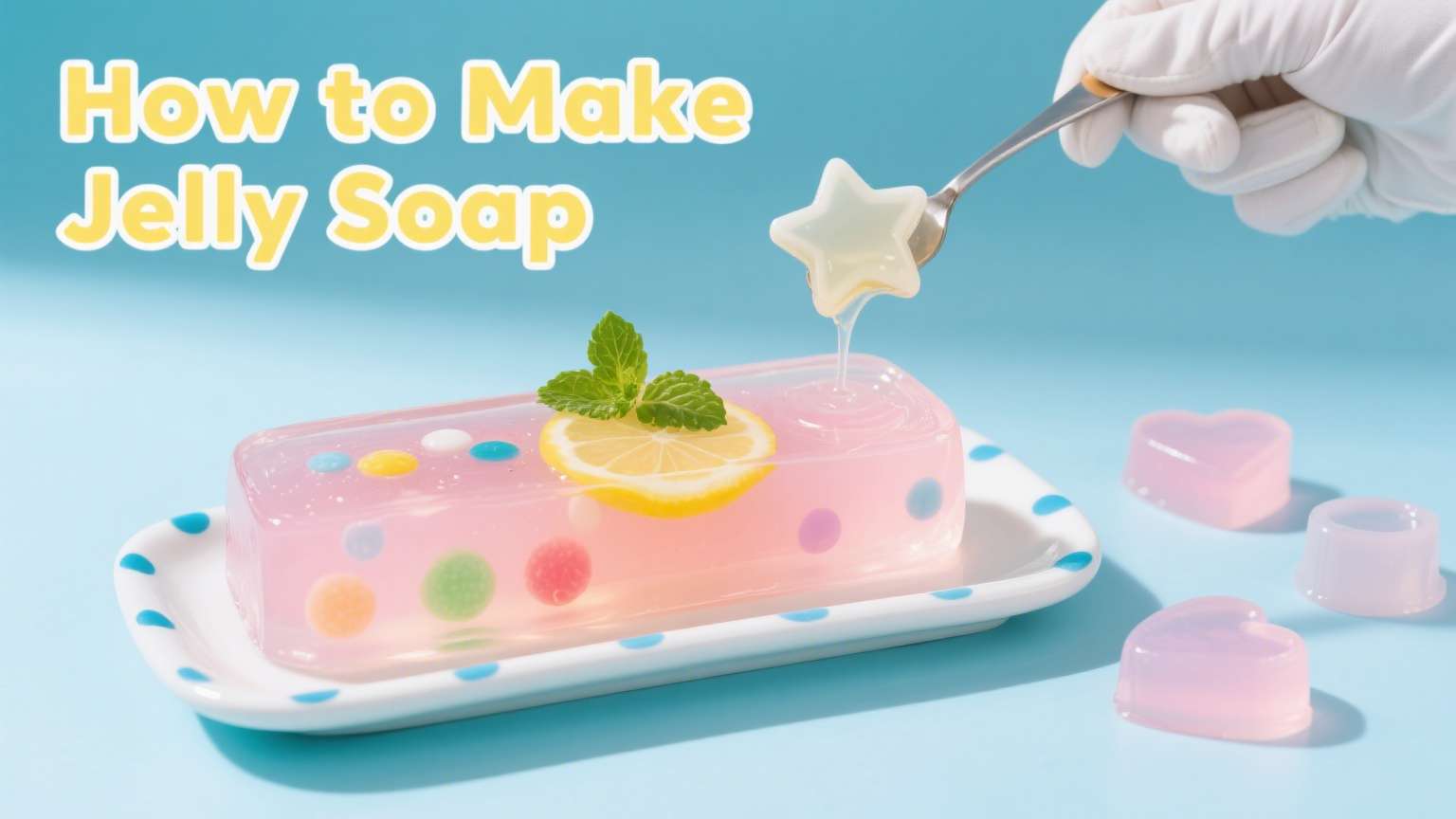How to Make Soap with Soap Base?
What is Soap Base?
Soap base refers to the unscented saponified base of any soap. Actually, it’s a finished soap that does not contain any scents, colors, or other additives, so it’s the best option for beginner soap makers as it allows you to save time and helps increase your chances of success.
Soap bases can be divided into solid and liquid. Solid bases are used for classic bar soap, and liquid ones are suitable for making Hand Soap, shower gels, shampoos, and other liquid soap products. Soft (creamy) soap bases are also used for making scrubs.
Solid (or melt and pour) soap bases can be white or transparent. White soap base, also known as opaque, contains titanium dioxide, which gives it a white color. The transparent soap base contains an added sugar alcohol blend that gives it a transparent appearance. Melt-and-pour soap bases often contain extra glycerin that helps keep the base soft and meltable, making it easy to work with.
Types Of Soap Bases
Soap bases can be divided into hard, liquid and soft types. The first type are used for making classic hard soap, the second are suitable for shampoos, shower gels and so on, while the third are used for making scrubs. If we look at the chemical formula, soaps are sodium salts of fatty acids, which are obtained by the alkaline hydrolysis of fats.
The classic and most common soap base contains the following components:
- distilled water;
- alkali;
- glycerin (a substance which nourishes and moistens the skin);
- surface-active substances (they have the effect of forming a foam and removing dirt);
- essential oils (selected depending on the desired effect from the product).
Soap bases are also divided into transparent, white and organic types. The white base is obtained from titanium dioxide, which is used in the manufacture of decorative cosmetics. Organic soap has a minimal chemical composition.
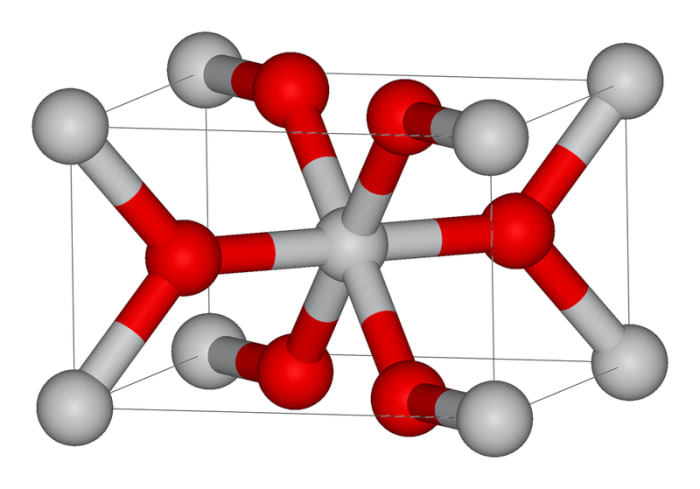
The unit cell of rutile
The ready soap base has practically no smell, so essential oils or perfumed water are added to the soap for scent. The base cools quickly, which makes the work process easier.
What is Melt-and-Pour Soap Making?
Melt-and-pour soap making is a pre-made soap that comes in a block or bar form. It's made with various oils and fats, which are melted down and combined with lye (sodium hydroxide). Once the soap body wash is cooled and hardened, it can be cut into bars or used as-is.
Melt-and-pour natural bar soaps has many benefits, especially if you're new to homemade soap making. Organic soap base bulk is a great way to create beautiful, unique soaps without dealing with lye-making.
Plus, it's a fun activity that you can do with kids or friends. When choosing a premade soap base, selecting one made with natural, organic ingredients is important.
Some bases may contain synthetic fragrances, colors, or other harmful chemicals. These ingredients can be irritating to the skin and are best avoided.
How to Make Soap with Soap Base?
If you want to make melt-and-pour soap, you must buy a soap base (usually sold in blocks), cut a small amount into small chunks, and melt it down using a heat-resistant container. Then, add the desired additives—essential oils, colorants, plant extracts, exfoliants, and more and mix them gently to prevent bubbles. Pour the mixture into a silicone mold and allow it to cool and harden for a few hours. Once the soap has set, take it out of the mold, and it is ready to be used or packaged.
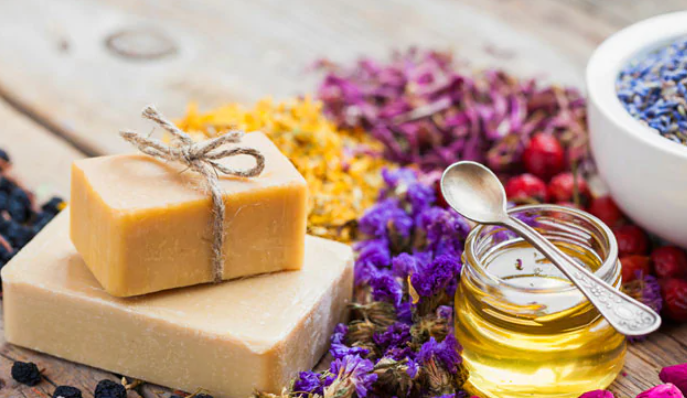
Making soap with a liquid soap base is also easy. Just put the soap in a container, add essential oils and plant extracts, mix well, and transfer to bottles. Essential oils are usually added at 2% to 3% of the total. If you want to adjust the viscosity of your liquid soap base, you can thicken it by adding salt water in small amounts until you reach the consistency you desire.
Keep in mind that essential oils affect liquid soap in different ways. Sometimes, you don’t need salt water to thicken soap because your essential oil does the work for you. Essential oils can also affect the clarity and color of the liquid soap base. That’s why you should always test an essential oil to see how it performs before scenting a large amount of soap. Allow the mixture to sit overnight, and examine it the next day to see what happened.
A ready-made soap base makes it easy to start making soap with minimum hassles and complexities. It is helpful to follow existing proven recipes when you are a beginner. This will allow you to get some essential experience, and then you will be ready to experiment with your scent mixes. Combining soap bases with essential oils will allow you to create perfect scent combinations and make unique soap products.

